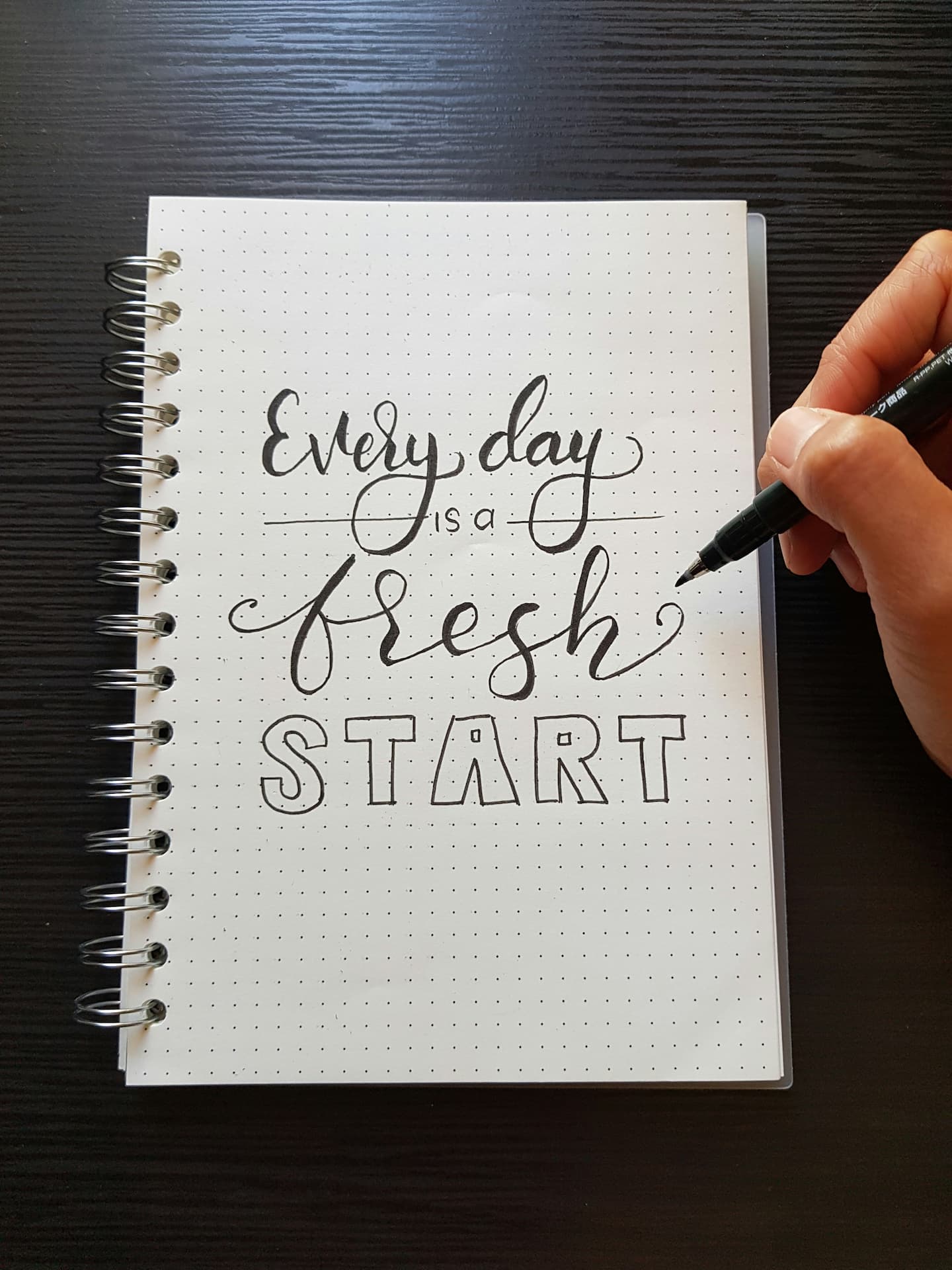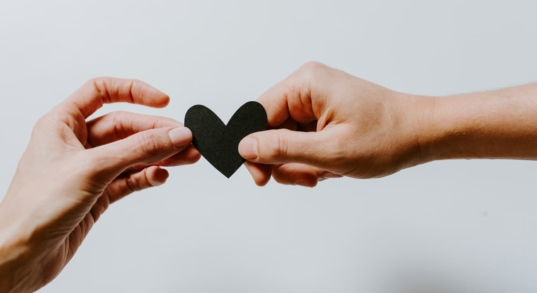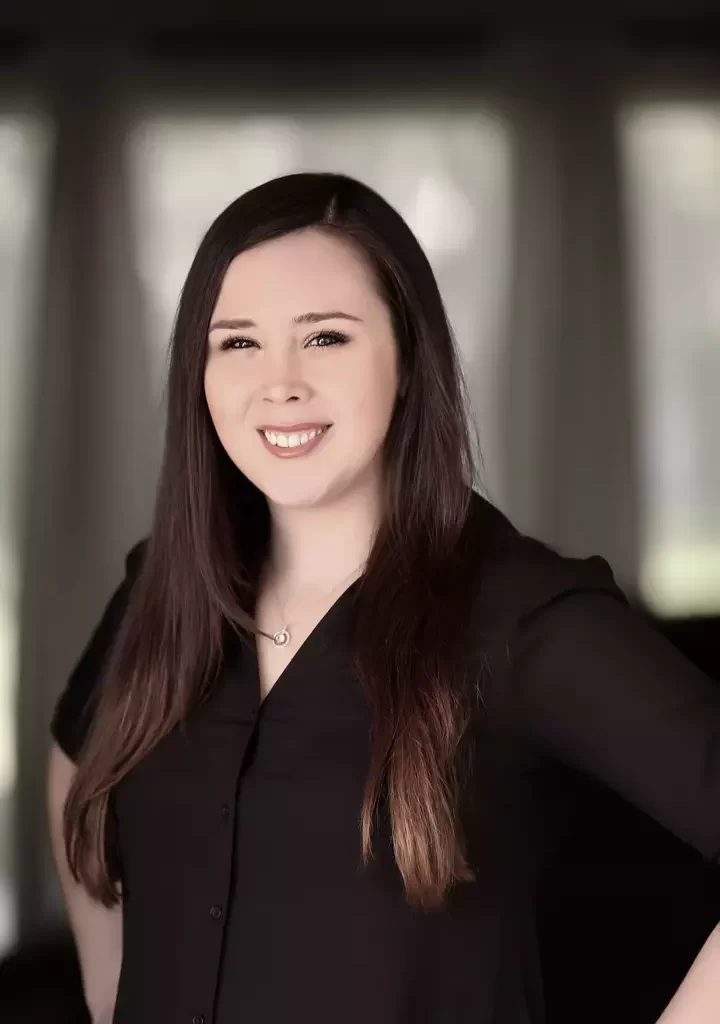Palm Beach Therapy Center - Boca Raton, FL Emotional vs. Physical Connection Many couples come into therapy saying the same thing, just in different wor ...
Addiction Therapy | Substance Abuse Counseling in Boca Raton, FL

Addiction is not a moral failure, and you deserve support.
Substance Abuse is on the rise. In Florida, over 7000 people die every year from drug overdose. Even if you’re not using street drugs, other substances and behaviors like abusing alcohol, gambling, and overspending can become very addictive and wreak havoc on your life and relationships.
If you or a loved one are struggling with an addiction, know that you’re not alone – and that you’re not a bad person. Our addiction therapy services may be able to help you.
What is addiction and how does it affect the brain?
Addiction is a complex and chronic condition characterized by compulsive substance use or behavior despite negative consequences. It is often accompanied by physical dependence, tolerance, and withdrawal symptoms.
Substance addiction often involves the use or misuse of drugs such as alcohol, opioids, stimulants, or prescription medications, while behavioral addictions may include gambling, gaming, internet use, or compulsive shopping.
Addiction affects the brain’s reward system, leading to changes in neurotransmitter levels and brain function. This contributes to symptoms like:
- Compulsive behavior: People with addiction and substance abuse issues often find themselves compelled to engage in substance use or addictive behaviors, even in the face of negative outcomes. In other words, they find it difficult to stop.
- Physical dependence: Prolonged substance use can lead to physical dependence, where the body adapts to the presence of the substance and experiences withdrawal symptoms upon quitting. Alcohol and opioid use can lead to such strong withdrawal symptoms that people continue using just to avoid the discomfort.
- Tolerance: Over time, people may develop a tolerance to the substance, requiring higher doses to achieve the desired effect, which further perpetuates the cycle of use. People can develop tolerance to addictive behaviors as well – for example, someone with a pornography addiction may need to spend more and more of their time watching porn for the same effect.
- Impaired decision-making: Substance abuse impairs cognitive function, compromising an individual’s ability to make rational choices and prioritize long-term well-being over immediate gratification.
What causes addiction?
Risk factors for addiction include genetic predisposition, environmental influences, trauma, mental health disorders, and social factors. Although these factors can raise your risk of developing substance abuse issues, anyone can become addicted.
Having an addiction problem is not a moral failure; substance use disorder is a brain disease, and you deserve treatment just like any other person living with an illness.
How does addiction affect your life?
Addiction can have devastating consequences on your physical health, mental well-being, relationships, finances, and overall quality of life.
Depression: You might find yourself trapped in a relentless cycle where substance abuse fuels feelings of hopelessness, worthlessness, and profound sadness. Each time you turn to drugs or alcohol, these emotions seem to intensify, making it even harder to break free from their grip.
Anxiety: Anxiety disorders often go hand in hand with addiction. If you live with anxiety, you likely feel constantly on edge, fearful, and agitated. Using substances can make you feel better for a bit, but in the long-run, it makes these feelings worse. The anticipation of using, and the highs and lows of addiction, can also keep you in a perpetual state of unease.
Trauma: Many people turn to substances as a way to numb past traumas or cope with emotional pain. While drugs or alcohol may offer temporary relief, they only serve to deepen the wounds of unresolved trauma. In the end, drugs and alcohol leave you feeling more lost and disconnected than ever.
Impact on relationships: Addiction takes a heavy toll on your relationships and shatters trust, intimacy, and communication. This damage tends to ripple outwards, affecting not only you but also your family, friends, and community.
Codependency: Loved ones often unintentionally enable addictive behaviors and fall into a pattern of codependency that only reinforces the cycle of addiction. This dysfunctional dynamic strains relationships and exacerbates the challenges of recovery.
Financial strain: The financial burden of addiction can be overwhelming, as you funnel resources into sustaining your habit at the expense of basic needs like food and shelter. Debts may mount, and you may even lose employment due to addiction. This financial strain adds yet another layer of stress to an already overwhelming situation.
Diminished self-worth: Addiction can also chip away at your self-esteem and can cause feelings of shame, guilt, and self-loathing. The disparity between what you’d hoped for in your life and your reality can deepen the sense of despair, which can make addiction behaviors even worse.
Loss of opportunity: Addiction can narrow your horizons and limit your ability to pursue opportunities for growth and fulfillment. When you are grappling with addiction, your dreams may feel out of reach and you may feel like you’re not reaching your potential.
Decline in health: Lastly, the toll of addiction on your physical health is undeniable; the health complications that can be caused by addiction — from cardiovascular issues to liver damage – are serious, and sometimes life-threatening, risks.
Effects of addiction
Addiction and Substance Abuse can have devastating effects on various aspects of your life.
Emotional toll of addiction
Fuels Depression
Deepens emotional wounds
Masks Unresolved Trauma
Loss of trust and intimacy
Damages Relationships
Resources funneled into addiction
Financial Strain
Shame, guilt, and self-loathing
Lowers Self-Esteem
Heart issues, liver damage, & more
Health Effects

Substance abuse therapy can help
Treatment for addiction typically involves a combination of therapy, medication, support groups, and lifestyle changes.
As this process is unique to each individual, our therapists will include a comprehensive and individualized approach tailored to address the specific needs and challenges of each person.
Recovery from addiction is possible with dedication, support, and ongoing management. It involves learning coping strategies, developing healthy habits, rebuilding relationships, and finding purpose and meaning in life beyond substances or addictive behaviors.
Support from family, friends, healthcare professionals, and community resources plays a crucial role in the recovery process.
It’s essential to understand that substance use disorder is a health condition and brain disease. Overall, addiction is a treatable but complex condition that requires compassion, client commitment, understanding, and a multidisciplinary approach to address effectively.
How to help someone who doesn’t want help
We often get calls from people who are seeking more information about addiction and substance abuse treatment, not for themselves but for their loved one. If you are in this position, it can be frustrating to constantly be turned down when you offer help.
It’s important to understand that most people are ambivalent about breaking their addiction. A large part of them may want to stop using substances (or engaging in addictive behaviors), but their addiction provides something for them, too, whether it’s temporary comfort or a way to escape.
Although adults have the right to refuse treatment, we can support you, the family, to open the conversation about treatment with your loved one. Therapy can also be important for partners and family members, as addiction impacts not only the person suffering but everyone around them. Family therapy can help heal the dynamics and relationships that may have been damaged by addiction.
Get substance abuse counseling and family therapy for addiction in Boca Raton, FL
Addiction makes you feel like you need certain substances or behaviors to cope with life, but there is another way. With our support, it’s possible to break the addictions you live with, repair your relationships, and reach your full potential.
We offer both individual therapy as well as couples and family therapy to address addiction. Please leave a message at (561) 485-4633 or use our online contact form to get started on the road to recovery.
FAQs:
What is considered the most effective treatment for substance abuse?
Some of the most effective treatment for drug and alcohol addiction include motivational interviewing, solution-focused brief therapy, and cognitive-behavioral therapy.
What is the Florida drug rate?
According to the National Survey of Drug Use and Health, over 12% of Floridians over the age of 12 use illicit substances every month.
How does addiction affect family members’ mental health status?
Having a spouse or close family member with an addiction or substance abuse problem can significantly affect your mental health and lead to issues like codependency, depression, and stress. Children are especially affected by parental substance use.
How It Works

Contact Our Office
Contact our office via phone or e-mail to schedule your initial session. We are here to make this process as easy and comfortable as we can for you.
Complete Paperwork
Complete the paperwork provided to you online within 24 hours of scheduling and mark the date on your calendar, we are looking forward to working with you!
Go To Therapy
Attend your initial session and discuss treatment planning with your therapist. Treatment plans may look different for each case. It is typically suggested that sessions take place weekly or biweekly.
Top Articles
Read Better, Live Better
The Year of the Horse and Mental Health
Explore how the Year of the Horse symbolizes emotional freedom motivation and balance and how these themes apply to mental health and personal growth
In-Person Therapy Boca Raton FL Private, Compassionate Counseling for Individuals & Couples
In-Person Therapy Boca Raton FL offers real, face-to-face connection in a digital world. Experience private, compassionate counseling at Palm Beach Therapy Center.





